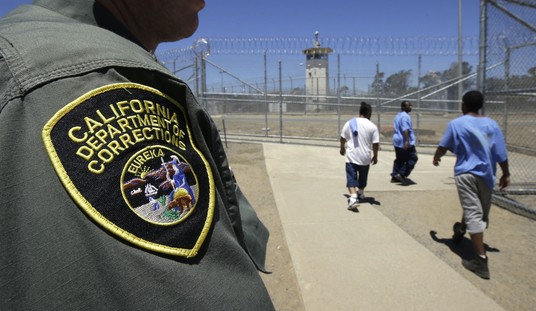In the wake of Chief Justice John Roberts’ stunning about-face in the Obamacare case, conservatives who follow judicial issues are asking themselves: Did we ever really know Roberts? Did we get him wrong?…
“His ideological opinions he certainly kept to himself,” says one of those former Senate aides. “He was a blank slate because he had represented so many different sides,” says the other.
The public debate over Roberts echoed those private doubts. As Roberts sought confirmation, conservative commentators as varied as Charles Krauthammer and Ann Coulter called him a “tabula rasa.”
That is the kind of sophistry we expect from liberals. The left sees the law as a tool of social justice — so they start with the desired outcome and then come up with legal reasoning to justify it. That is what Roberts did last week. He decided he wanted to uphold Obamacare and rewrote the statute to fit that outcome.
There is informed speculation in conservative legal circles that a close reading of the dissent shows Roberts had intended to strike down Obamacare, but flipped his position at the last minute. We don’t know if he was suddenly convinced by his liberal colleagues, or simply had a failure of nerve. But the challenge for conservatives is clear: We need jurists who not only have a philosophy of judicial restraint, but the intestinal fortitude not to be swayed by pressure from the New York Times, the Georgetown cocktail circuit and the legal academy.
“Bush v. Gore is an example of a decision the left didn’t respect in part because they thought it was political motivated,” said Randy Barnett, a Georgetown University law professor who worked with the National Federation of Independent Business on its case against the law. “What the left says of Bush v. Gore, I think is true of this decision.”…
“He’s an umpire that seemed worried that people from the stands would be hollering at him,” said Chapman University law professor John Eastman.
“If he changed his vote because he was persuaded by the argument in favor of the health care bill, then I think he’s wrong but that’s fine,” Eastman said. “If he changed his vote because people were critical of the court and he was afraid of those criticisms and nevertheless was of the view the bill was constitutional, then yeah, I think he should resign.”
The problem is that Roberts’s interpretation is not fairly, or even remotely, possible. If the law had been written in the Roberts version — as a regressive federal tax on the uninsured — there is no chance it would have passed Congress. More to the point, the law that Roberts describes would have covered a different number of the uninsured. Academic studies indicate that people respond differently to tax penalties than they do the legal mandates. “When the imperative to buy insurance,” notes Yuval Levin, “is instead presented as a choice between two options, more people will likely choose the cheaper option (which, for almost everyone, will be paying the tax rather than buying the coverage).”
Why did Roberts not account for this policy distinction? The most natural interpretation is that he didn’t know anything about it. Which is precisely the point. Roberts is not a health policy expert. His clever reinterpretation of the health law would actually change its outcome. This is not an alternate reading but an alternate universe.
Chief Justice John Roberts, a good man who apparently thought he was doing the right thing, is increasingly taking on the character of a lone figure from classical Greek tragedy. If one collates all the news reports, rumors, and scuttlebutt, and if they are mostly credible, one learns of his tortured switch. It was perhaps prompted by a genuine desire to mitigate the Court’s “partisan” reputation, or to establish Roberts in the long tradition of a Warren or Souter, as a jurist who “evolved” on the Court in a fashion that pleases the influential in Washington and New York—or both. (And indeed, those who were vilifying him before the verdict were the first to heap praise on his judicial statesmanship—at least for now.) The tragedy is that, as the story comes out, the reputation of the Court will sink not rise, as—fairly or not—it appears overly sensitive to public opinion and liable to capitulate to such pressures in mediis rebus.
Roberts, who wanted to cement his reputation as a sober and judicious jurist, through his Hamlet-like deliberations ended up seeming incoherent, tentative, and unsure of himself. And if it’s true that rumors of Roberts reconsidering his vote swirled in Washington prior to the final outcome, and that such perceptions of hesitation prompted renewed venom and pressure — from not just the media, but from those such as Senator Leahy (who had voted to confirm Roberts) on the floors of Congress, and the president himself (who attacked the Court even earlier in his State of the Union address) — then the Court comes off as far more suspect after the opinion than before. Everything Roberts wished to prevent he ensured.








Join the conversation as a VIP Member